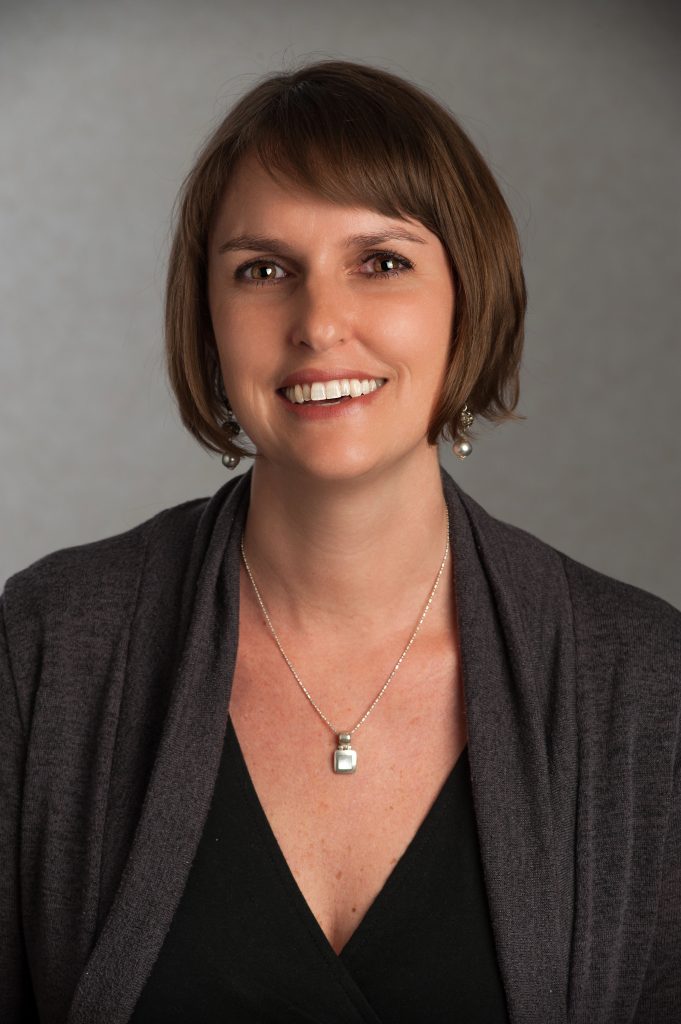Our association is a robust and diverse set of educators, students, researchers, medical professionals, volunteers and academics that come from all walks of life and from around the globe. Each month we choose a member to highlight their academic and professional career and see how they are making the best of their membership in IAMSE. This month’s Featured Member is Maria Sheakley.
Maria Sheakley, PhD
IAMSE 2022 Program Committee Chair
Associate Dean for Student Affairs and Professor of Physiology
Western Michigan University Homer Stryker M.D. School of Medicine (WMed)
We are finally back in person for the 2022 meeting! Since I know we are all excited about this opportunity to gather together, what have you been looking forward to most during our time in Denver?
I’m most excited to engage with real people at a live conference in Denver!! I serve on several IAMSE committees, and I always look forward to seeing the other committee members in person each year. This year is particularly exciting since we have not been able to gather in person for several years! IAMSE is also the place where I typically catch up with many of my past colleagues, which I’m really looking forward to in Denver. And most importantly, I’m excited to meet new people and learn about new trends and best practices in health sciences education through the poster and oral sessions, focus sessions, and plenary talks. The networking opportunities at IAMSE are AMAZING! I’d also like to extend a very special thanks to Rocky Vista University College of Osteopathic Medicine for sponsoring the 2022 IAMSE annual meeting in the beautiful city of Denver!!
What does the process of coordinating an academic conference look like?
The Program Committee is composed of 15 diverse members representing different health science specialties, disciplines, institutions, geographic locations, races, ethnicities, and genders. We’ve been meeting monthly for the past 18 months to plan this conference. I personally think it’s the best IAMSE committee because the results of the work, the annual IAMSE meeting, are spectacular and tangible. The planning process and timeline has been honed over the years and is very well organized by the staff at JulNet, particularly Hannah McCreary who helps with all planning aspects of the meeting. The Program Committee is responsible for many aspects of the meeting, including selecting the conference theme, plenary speakers, and focus sessions. This year we will have 4 plenary speakers, 1 student plenary panel, 12 pre-conference workshops, 38 focus sessions, 77 oral presentations, and 211 poster presentations! The social and networking sessions are also a highlight of the meeting!
Can you share a standout memory or highlight from the planning process for this event?
My favorite part of the planning process was selecting the conference theme! This was the first big task of the committee, and it allowed us to work together as a cohesive group to choose the identity of this meeting. After several long discussions and a lot of refinement, the theme for the meeting was decided to be ‘Medical Educators, Learners, and Providers: Building the Future Together’. We particularly liked the inclusivity of this theme for all of those who contribute to medical science education, ‘Educators, Learners, and Providers’.
With your tenure as the 2022 Program Committee Chair about to come to an end, what do you plan to do next? What advice would you give to another member considering joining an upcoming planning committee?
Going forward, I will continue to serve on the IAMSE Board of Directors and plan to stay very involved in the association. For members considering joining the next Program Committee or any other IAMSE committee, do it! It’s the best way to meet people at IAMSE and build a community of peers and mentors in the health sciences field!
Anything else that you would like to add?
I’d like to send a very special thank you to the 2022 Program Committee Members (Peter de Jong, Khalil Eldeeb, Stacie Fairley, Dave Harris, Amber Heck, Mark Hernandez, Samuel Ikonne, Molly Johannessen, Nicole Kelp, Aaron Marshall, Jennifer Montemayer, Neil Osheroff, Sol Roberts-Lieb, Michiel Schokking, and Carla Todaro) and Hannah McCreary from JulNet for all of their hard work; this meeting definitely takes a village to plan!
For more information about #IAMSE22 visit www.IAMSEconference.org.

